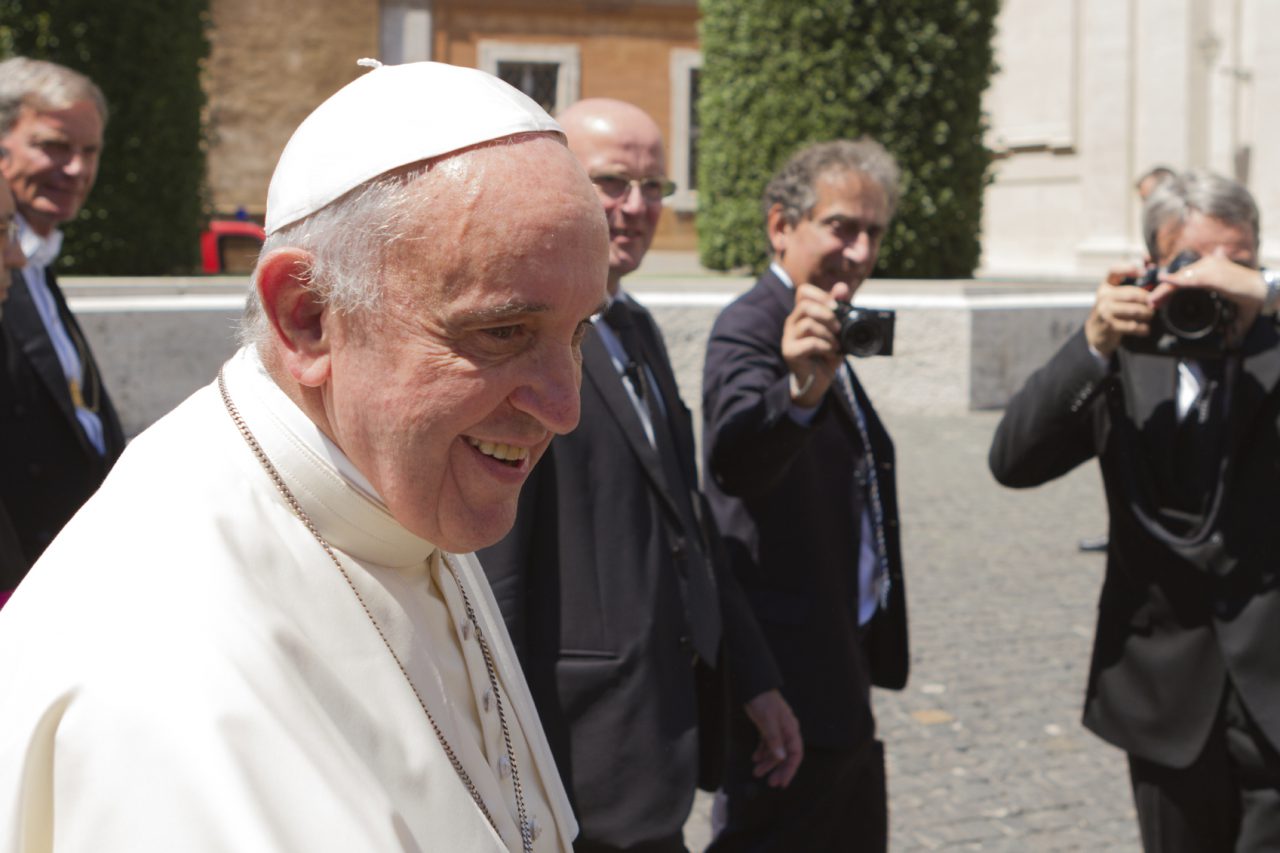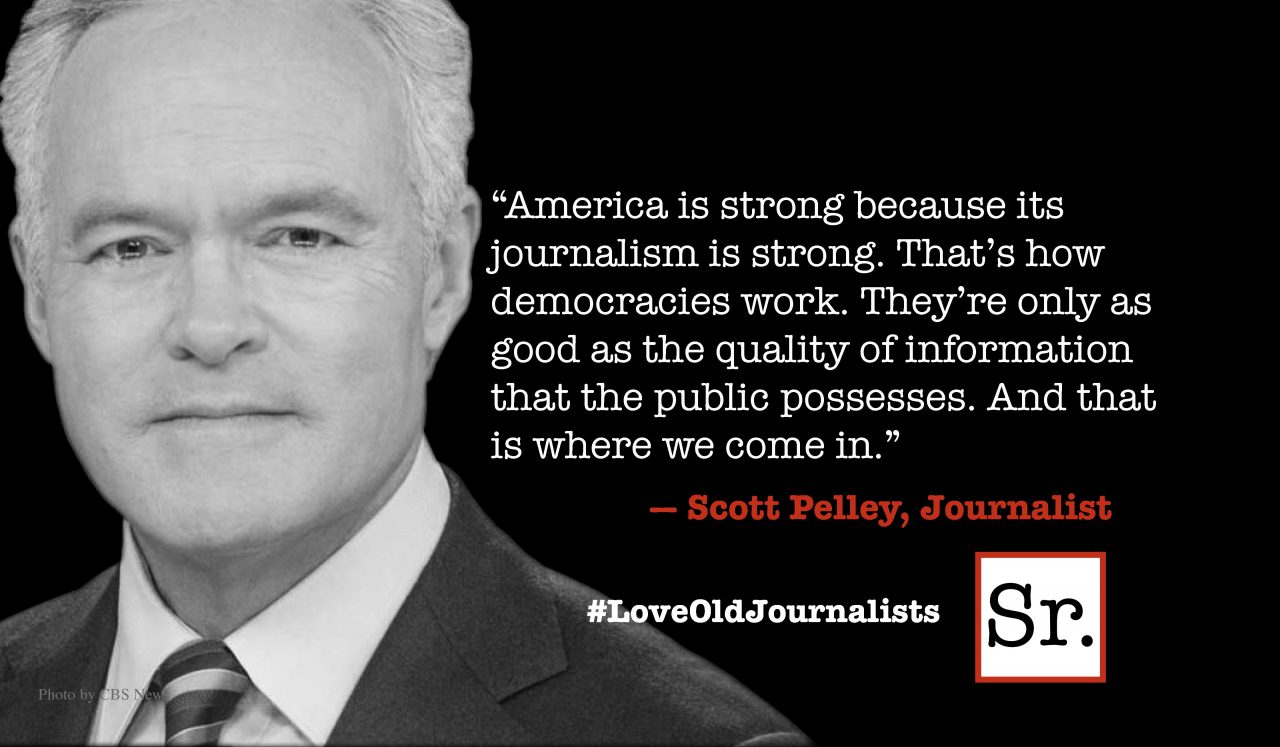It will take a long time before any of us will understand the implications encased in Pope Francis’ encyclical on the environment. This long and complex treatise (Audato Si) will be the subject of extended discussions and PhD dissertations as long as the Catholic Church exists. The simplistic reading, which may be all that this writer can capably do, might be reduced to two seemingly separate but interrelated issues:
1. There is climate change evidenced by a dangerous level of global warming, and the scientific community is almost unanimous in affirming that human activity is a significant cause. 2. Our market driven economic system in which technology, production and profits are more important than the preservation of our home, the earth, lies beneath the problem. These two matters are joined in our dependence on fossil fuels, first coal, then oil and finally gas. Clearly confronting this combination amounts to a frontal assault on unrestrained capitalism, not as an inadequate economic theory, but as a root cause of an environmental disaster.
While the Pope’s letter is being seen as a solid endorsement of the long established position held by environmentalists and their political colleagues, it is playing havoc with conservatives who don’t know what to do with it. Here is what two usually rational conservative columnists have said. David Brooks of the New York Times opined that the Pope had overreached in his attack, and ignored the fantastic progress which has been made by capitalism, and particularly by our use of fossil fuels. Michael Gerson of the Washington Post, while not directly endorsing Francis position, suggests that the Republican party needs to back off its unrestrained denial strategy as being scientifically wrong, politically dangerous and ethically questionable.
Rick Santorum, a deeply dedicated Catholic, wonders why the Pope is concerning himself and the church with an economic matter, and suggests that his Holiness would do better sticking to moral issues. Granted, the Pope is not an economist nor a scientist, but neither is Santorum. The other Presidential hopefuls are hopping around on hot coals not knowing what to say. At any rate, Francis’ letter is a body blow to climate change deniers. Santorum’s comment goes to the heart of what I want to talk about this week and next. What is the proper relationship between political or scientific concerns and religious or moral issues? If there is a wall of separation between church and state, how do religionists dare comment on what seem to be political issues?
When conservatives, Catholic and otherwise, insist that religious spokespersons stick to moral issues, what are the moral issues they are talking about? Santorum sums them up under the catch-all term “family values.” By that he means gay marriage, abortion, birth control, homosexuality and any sexual activity outside marriage. So morality is reduced to sex! The danger to the planet through climate change is not a moral issue because it has nothing to do with the sole venue for the religious, which is copulation and its consequences. Anyone or any group that fixated on sex as the only sphere of morality might do well with some sort of counseling.
So peace, poverty, hunger, injustice, and environmental catastrophe are not subjects for religious scrutiny — only sexual matters. Is it any wonder why the religious preference of increased millions of Americans is “none” and millions of former Christians are we now in the “no longer” camp. On the other hand this statement by one of the world’s best known religious leaders may just convince a few that they might have given up on religion a bit early. The notion that religion should stick to its limited venue and stay out of issues bound to be political, is deeply rooted in American society. So what is the proper role for religious leaders in matters of public policy? Tune in next week.









